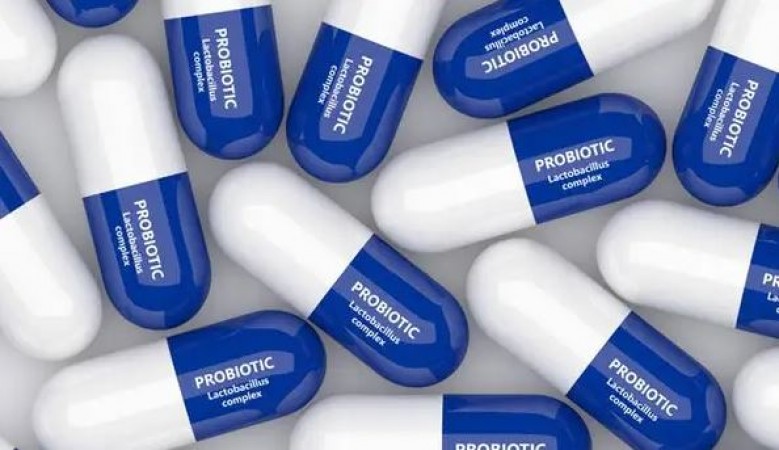
In a groundbreaking study, researchers have uncovered a potential link between probiotics and cognitive health, offering new avenues for addressing age-related cognitive decline. The findings suggest that incorporating probiotics into one's diet could hold the key to preserving memory and cognitive function as individuals grow older. This revelation comes as a beacon of hope, illuminating the path towards innovative and non-invasive methods of combating cognitive decline in the elderly population.
The Fascinating Connection: Probiotics and Cognitive Health
Exploring the Role of Probiotics
Probiotics, often hailed as "good bacteria," have long been recognized for their pivotal role in maintaining gut health. These microscopic powerhouses play a significant role in digestion, nutrient absorption, and immune system support. However, recent research has extended their influence beyond the confines of the digestive system, suggesting a profound impact on cognitive well-being.
Delving into the Study
The study centered around the probiotic strain Lactobacillus rhamnosus GG (LGG), renowned for its potential health benefits. Over the course of three months, participants with mild cognitive impairment were administered LGG supplements. Astonishingly, the results unveiled a remarkable improvement in cognitive scores among the participants.
Unveiling the Gut-Brain Axis: How Probiotics Work
The Intricate Network Between Gut and Brain
The gut-brain axis, an intricate communication network connecting the gastrointestinal tract and the central nervous system, has garnered immense attention from researchers in recent years. This study sheds light on how the composition of gut microbiota can influence cognitive function.
The Gut Microbiome's Impact on Cognitive Health
The researchers observed a profound correlation between the changes in participants' gut microbiota and the enhancement of cognitive function. This discovery raises intriguing questions about the potential mechanisms through which probiotics exert their influence on cognitive health.
A Promising Path Forward: Implications and Applications
Revolutionizing Cognitive Decline Prevention
The study's outcomes open doors to revolutionary approaches in preventing and mitigating age-related cognitive decline. Harnessing the power of probiotics could lead to the development of personalized interventions that empower individuals to preserve their cognitive abilities as they age.
From Probiotics to Personalized Wellness
As the scientific community delves deeper into the intricate interplay between gut health and cognitive function, a new era of personalized wellness may emerge. Tailored probiotic regimens could become a cornerstone of maintaining cognitive vitality and overall well-being.
Embracing a Proactive Approach: Empowering the Aging Population
A Future of Cognitive Resilience
The study not only highlights the potential of probiotics in cognitive health but also instills a sense of optimism for the aging population. Embracing proactive measures, such as integrating probiotics into dietary habits, could empower individuals to embrace their later years with cognitive resilience.
In a world where the aging population is growing, the quest to maintain cognitive function takes on paramount importance. The study's groundbreaking insights into the connection between probiotics, gut microbiota, and cognitive health illuminate a promising path forward. Armed with this knowledge, individuals have the opportunity to take control of their cognitive well-being and embark on a journey of healthy aging.
What the Health of Your Nails Can Reveal ?
Lifestyle Changes to Safeguard Against Non-Communicable Diseases